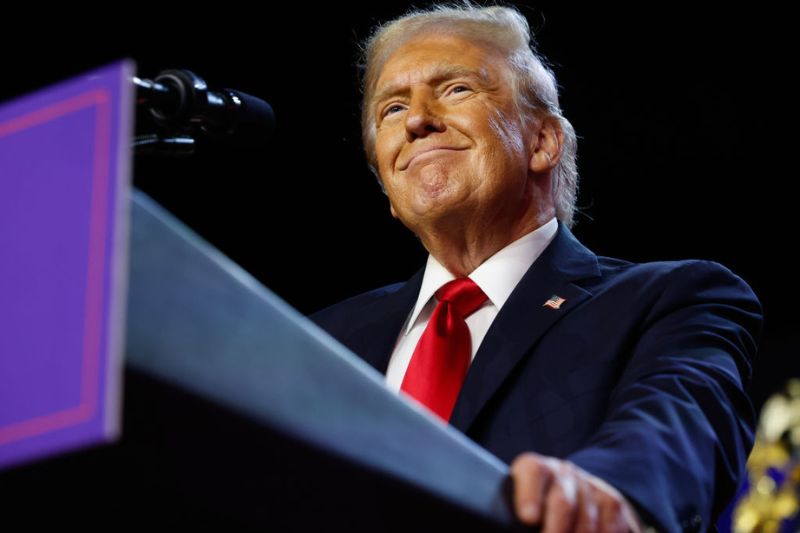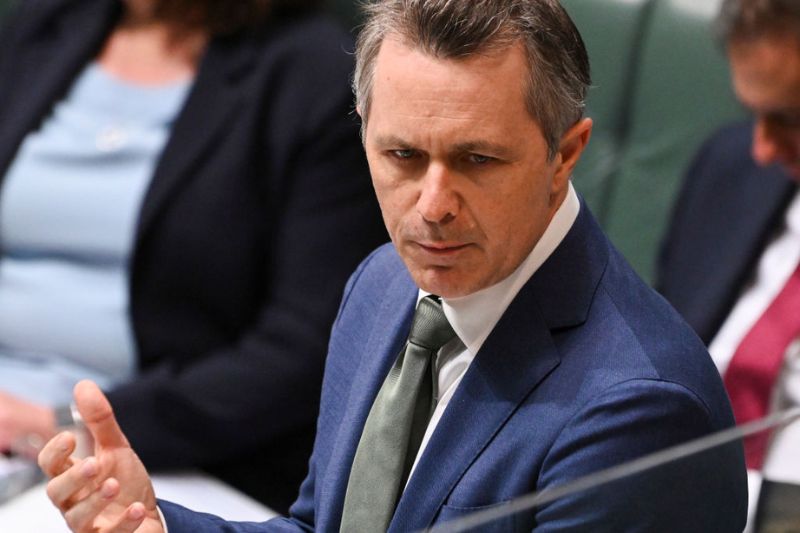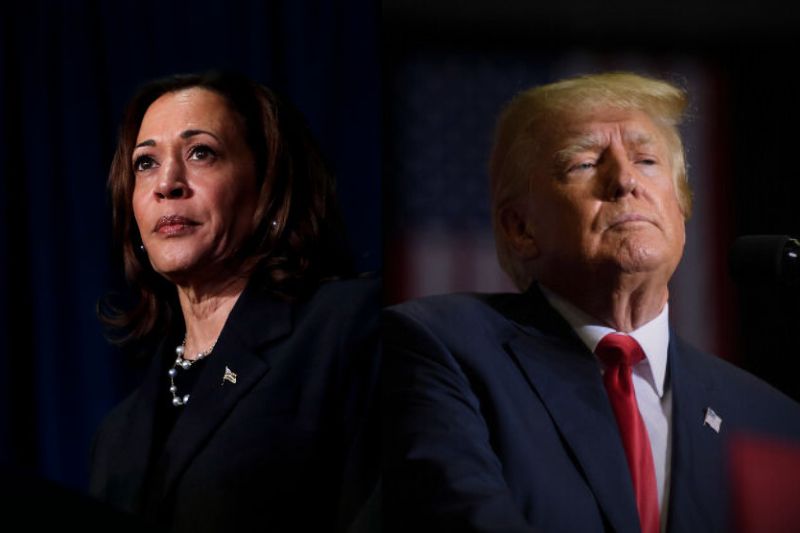Keywords: Parliament Of The World
-

AUSTRALIA
- Erica Cervini
- 25 November 2024
4 Comments
Once seen as the champions of climate action and progressive politics, the Greens are now grappling with internal chaos, falling poll numbers, and a disillusioned voter base. From controversies over identity politics to disputes about housing and Middle East policies, the party is facing a critical question: What do they stand for today?
READ MORE
-

AUSTRALIA
- James Massola
- 07 November 2024
10 Comments
The analysis of how Trump achieved a famous victory will continue for years to come. The more germane questions now are what does this result mean for Australia’s economic, defence, trade and foreign policy, and what lessons (if any) are there for Anthony Albanese and Peter Dutton?
READ MORE
-
.jpg)
MEDIA
- Michele Frankeni
- 15 October 2024
Two years ago to the month, I wrote in this column of my despair and disgust of the impunity with which society leaders and politicians didn’t just shade the truth, but buried it six-feet deep and then gleefully stomped on it. In the past week, a couple of things reminded me of that piece and about the role truth plays in our public discourse. It reminded me how fragile our grasp on reality has become, and why that matters.
READ MORE 
-

AUSTRALIA
- Claire Heaney
- 11 October 2024
Australia’s gambling culture, once seasonally grounded in the Spring Racing Carnival, has become a year-round obsession. From family sweeps to the rise of betting apps, gambling has become ingrained in the nation's identity, leaving in its wake a growing crisis of addiction, debt, and societal harm.
READ MORE 
-

AUSTRALIA
- Andrew Hamilton
- 03 October 2024
1 Comment
In Andrew Leigh's new book, he argues that inequality matters because it threatens the sense of fairness that is central to our well-being, because inequality prevents the less well off from moving to relative affluence, weakens democracy, and erodes understanding of and commitment to the common good.
READ MORE
-

AUSTRALIA
- Michael McVeigh
- 11 September 2024
2 Comments
Gambling ads are infiltrating children's sports content, raising concerns about the impact on the development of young minds. Is our current gambling culture something we want to hand on to the next generation?
READ MORE
-

AUSTRALIA
- Binoy Kampmark
- 03 September 2024
The government has imposed a cap on enrolments, sparking controversy among universities. Critics argue this will harm the education sector and exploit foreign students, while supporters believe it will protect the integrity of Australia's education system and address concerns about over-reliance on international student fees.
READ MORE
-

AUSTRALIA
- Mark Gaetani
- 08 August 2024
5 Comments
The Parliamentary Budget Office has unveiled the staggering cost of Australia's negative gearing and capital gains tax policies. As the housing affordability crisis deepens, critics question whether politicians' personal interests are hampering reform in a nation where one in five taxpayers owns investment property.
READ MORE
-

INTERNATIONAL
- James Massola
- 31 July 2024
3 Comments
The November election is shaping up to be a pivotal moment for Australia. With either Kamala Harris or Donald Trump at the helm of the United States, Australia could be affected in unexpected ways, from how we deal with China to trade policies and our relationships in the Asia-Pacific region.
READ MORE
-

INTERNATIONAL
- Andrew Hamilton
- 18 July 2024
2 Comments
In the wake of recent elections in Britain and France, global democracies are seeing voters reject established parties amidst a deepening cycle of disillusionment. But can a return to honesty and integrity in politics break this downward spiral?
READ MORE
-

AUSTRALIA
- Binoy Kampmark
- 16 July 2024
2 Comments
Senator Fatima Payman's departure from Labor over a pro-Palestine vote and the emergence of 'The Muslim Vote' have reignited debates about faith in Australian politics. While PM Albanese cautions against religious influence, his stance overlooks the nation's history of faith shaping governance, raising questions about the feasibility of separating belief from policy-making.
READ MORE
-

AUSTRALIA
- Kerry Murphy
- 05 July 2024
There is no doubt that laws for determining refugee status and onshore protection are complex. The cases of NZYQ and ASF17 demonstrate that when laws regarding asylum and protection intersect with laws regarding character and protection of the community, the results can be extremely messy.
READ MORE 